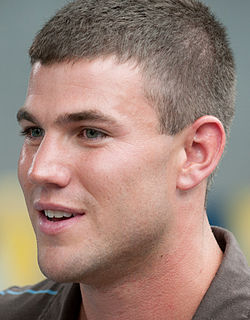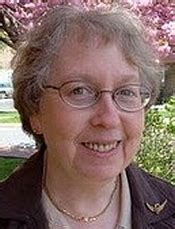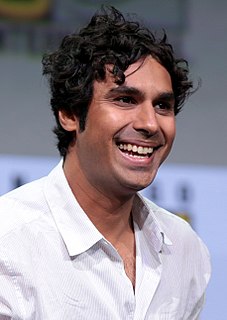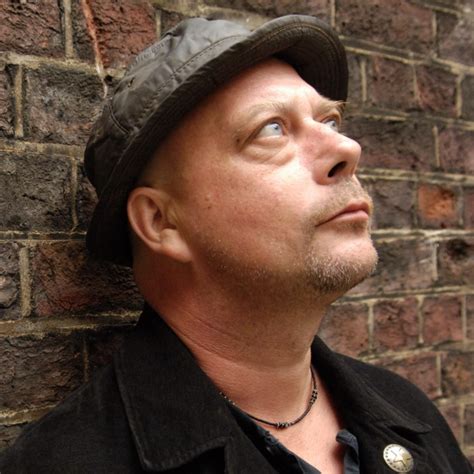A Quote by Phil Klay
When I first came back from Iraq, I of course found myself thinking a lot about it. Not just my experiences, but those of people I talked to, friends, and colleagues.
Related Quotes
It's a beautiful book [Into the Forest], so for those who are thinking about reading it, they absolutely should. First and foremost, I just devoured it, as a story. At that time, and still, it just encompassed a lot of things that I was thinking about, and that the world is thinking about, with society's relationship to the environment, our personal relationship to it, and how disconnected we are from it, myself included.
Ang [Lee] gave us a lot of books about cowboys who had been gay or stories about it and all that stuff. And I just talked to a lot of my friends - who [was] their first, particularly same-sex, first situation. That was fascinating to me - trying to learn what that was in a certain period of time. Certain age. The secrecy involved in it. All those things.
I found this website, The Experience Project, which has people write first-hand experiences of their life and what they went through. There would be a 75-year-old man who talked about his childhood or a 15-year-old girl who talked about what she is going through right now. It was amazing to read their personal thoughts.
I talked to some vets in L.A. about what they go through and do they think about their experiences a lot. I got a wide array of answers. Some people get very emotional, which is understandable. Two of my best friends growing up are in the armed services, and getting to represent those guys was a big honor for me.
...when I came back, I found Mom sobbing at the kitchen table...Then I asked her what had happened. 'Nothing,'she said. 'I was thinking about that man...I started thinking about...if he and his wife and their other child are okay, and I don't know. It just got to me.' 'I know,' I said, because I did know. Sometimes it's safer to cry about people you don't know than to think about people you really love.
The realization that American power could and should be used for the defense of pluralism and as a punishment for fascism came to me in Sarajevo a year or two later... That was an early quarrel between me and many of my Nation colleagues, and it was also the first time I found myself in the same trench as people like Paul Wolfowitz and Jeane Kirkpatrick: a shock I had to learn to get over. The only real radicalism in our time will come as it always has from people who insist on thinking for themselves and who reject party-mindedness.
I don't worry too much about what people think about my image, but I think I am pretty polite. My colleagues say I am a gentleman in my dealings with them, even when I disagree. I am difficult because I won't back off on things like the pay raise and the anti-terrorism bill. I'm not a go-along kind of guy. I do respect the institution. I do respect my colleagues. But I didn't go to Washington to make friends. That's not where my friends are.
I was a child but weirdly uninhibited. I talked to people and inserted myself in all kinds of absurd situations. I think some of those life experiences influenced me in terms of the main character of The Flamethrowers. But for the parts where the community of artists are speaking above her level of participation, that probably came more out of my experience of being in New York in the '90s as an adult.






































